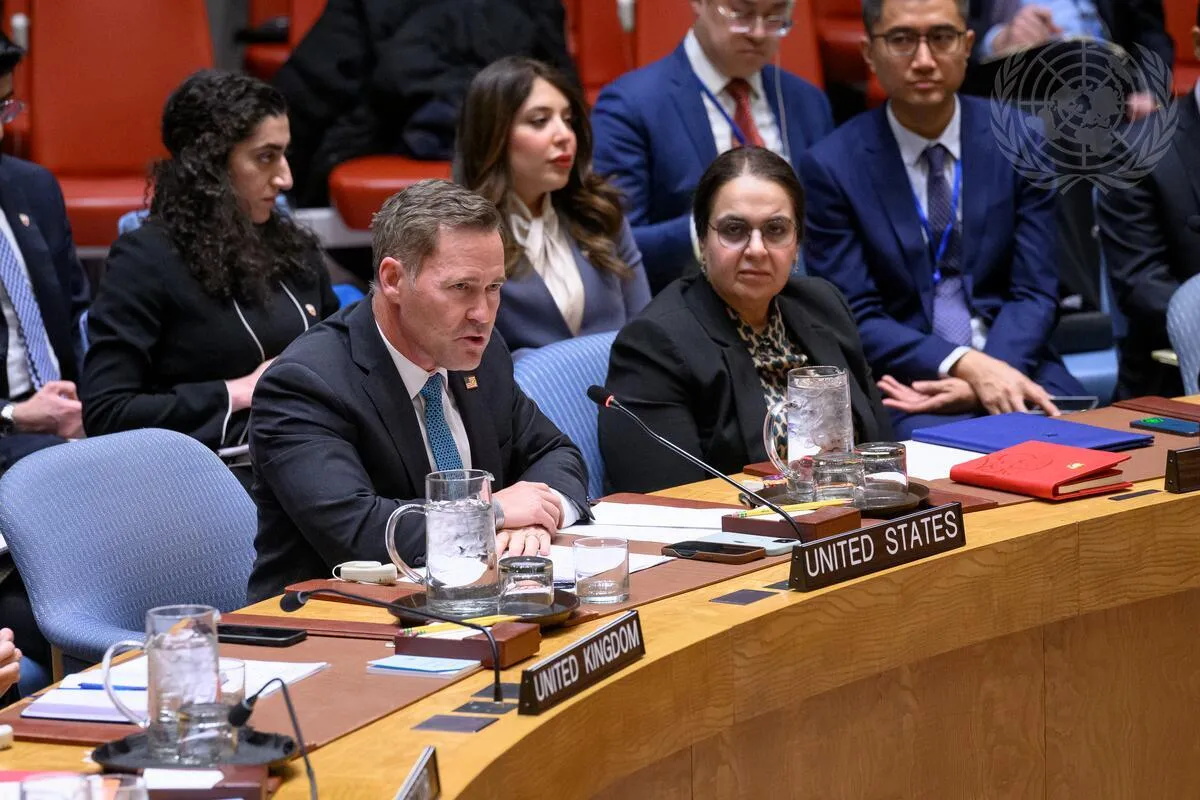Brazilian President Lula da Silva’s Special Foreign Policy Advisor Celso Amorim used an April 17 interview with O Globo to explain some basic economic realities that the Trump administration will run up against in its tariff warfare. Bluntly put: “China today has an availability of resources for investment abroad that the United States doesn’t have. It’s a pragmatic question. China today offers Brazil more opportunities and fewer risks.” We will balance our activities accordingly, Amorim said.
Amorim agreed that O Globo’s rejoinder was on the mark: “as GPS says, we’re recalculating.”
Lula’s advisor worries, however, that Trump’s aim to take down the multilateral trading system worldwide can lead to a recession, even in the U.S., and can ultimately lead to war. “We know that the 1930 agreements contributed to the Depression, which contributed to the Second World War. I’m not going to say it was the only cause or the main cause, but it contributed. That’s the biggest risk, the breakdown of multilateralism. …
“[T]his was the prelude to the Second World War. There was a need to boost the arms industry in order to lift economies. Because the consumer was no longer strong. The consumption of individuals, of families, was not enough to lift economies. Economies only start to recover when there is the prospect of war. I hope it doesn’t come to that this time.”
Brazil will respond to this global shock with other groups of countries, Amorim said. He cited Latin America, which has no hard power as a region but has soft power as “a region of peace,” and of course, the BRICS, which “have great weight in the world economy, it’s obvious. When it moves or does something, everyone pays attention.”
Asked about President Lula’s upcoming trips to Moscow and then to Beijing in mid-May, Amorim commented that bilateral and trilateral relationships have grown stronger through the BRICS. “Brazil now has a much stronger relationship with China. With Russia, perhaps not so much because of the war, but it’s still very strong. We have very good dialogue, although we don’t agree on everything.”



